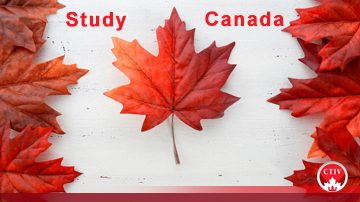Canada is one of the top choices of international students for education owing to its multicultural society, high academic standards, affordability, exiting campus lifestyles and world-class education among many other attributes.
The Spousal Sponsorship Process in Canada: A Basic Guide (2025)
Canada’s spousal sponsorship program allows citizens and permanent residents to reunite with their spouses or partners. This guide breaks down eligibility, requirements, and steps to navigate the process efficiently.
Eligibility Requirements for Sponsors
To sponsor a spouse, common-law partner, or conjugal partner, you must:
Who Can Be Sponsored?
Step-by-Step Application Process
1. Verify Eligibility
Confirm you meet IRCC’s criteria as a sponsor and that your relationship is genuine.
2. Prepare Documentation
Gather:
3. Choose Your Pathway
| Inland Sponsorship | Outland Sponsorship |
|------------------------|-------------------------|
| Partner must reside in Canada with valid temporary status. | Partner can apply from outside Canada
| Eligibility for Spousal Open Work Permit (SOWP). | No cohabitation requirement during processing
4. Submit the Application
Pay fees: $75 (sponsorship) + $490 (processing) + $515 (Right of Permanent Residence Fee).
Apply online or by mail
5. Complete Background Checks & Medical Exams
Mandatory for the sponsored partner
6. Wait for Processing
Average processing time: 12 months (as of 2025)
---
Key Tips to Strengthen Your Application
FAQs
Can my spouse work while waiting?
Yes! Inland applicants can apply for an open work permit to work during processing
What if I live in Quebec?
Additional provincial requirements apply, including a separate financial assessment
What happens after approval?
Your partner receives a Confirmation of Permanent Residence (COPR) and can move to Canada.

Canada is one of the top choices of international students for education owing to its multicultural society, high academic standards, affordability, exiting campus lifestyles and world-class education among many other attributes.

Canada offers several business immigration options for individuals who want to start or invest in a business in the country. These options include the following: